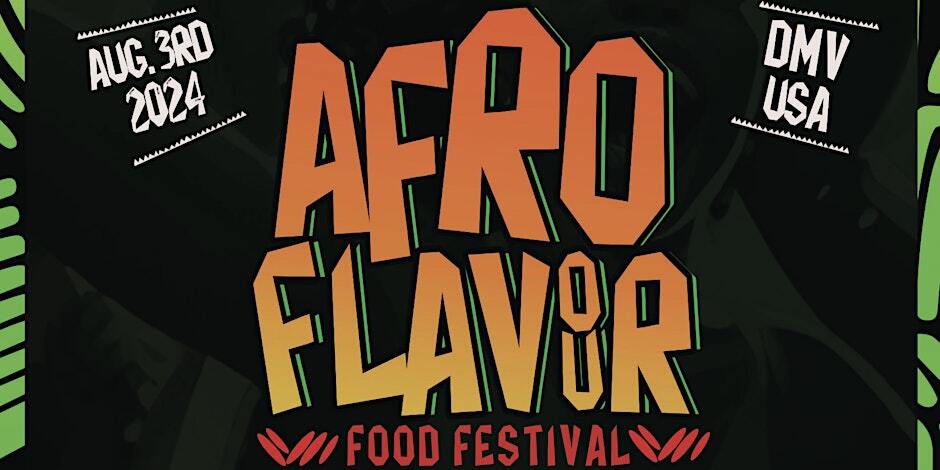LCFE at the forefront of FG’s 0% duty on staples, ameliorate food shortages

The Lagos Commodities and Future Exchange (LCFE) is set to lead the efforts of the federal government at addressing food shortages through the importation of staples foods such as rice, sorghum, wheat, millet, maize, and beans, ThinkBusiness Africa has gathered. The federal government, through the Nigeria Customs Service (NCS) released on Thursday the plans for 0% duty and value added tax (VAT) on key staples in the country for 150 days, to expire at the end of the year. Previously associated duties and VAT on the staples are suspended to support the federal government efforts at addressing rising food prices and shortages in the country. See Table 1. Food inflation reached 40% since April 2024. Table 1. Staple food Previous Duty New duty Husked Brown Rice 30% 0% Grain Sorghum 5% 0% Millet 5% 0% Maize 5% 0% Wheat 20% 0% Beans 20% 0% To avoid the ugly and incoherent situations of the past where the government could not track the purchase and distributions of such food items, the policy requires that at least 75% of the imported staples is sold through recognized commodity exchanges, such as LCFE. The press release says, “the policy requires that at least 75% of imported items be sold through recognized commodities exchanges, with all transactions and storage recorded.” With at least 75% of the commodities imported passing through exchanges, the government is assured of the transparency of the process, prices discovery, accurate data and records, and proper risk management frameworks. Indeed, it is for these reasons that the government is embarking on this only in the short term, so it does not jeopardies existing gains and growth in the trading of commodities through exchanges in the country. For instance, LCFE, operating since 2019, has over 40 companies trading commodities on its exchange. They trade commodities such as rice, soya beans, maize, cassava, gold, etc. Through the exchanges and the processes being developed, the government is increasingly becoming aware and able to track production, distribution, and consumption. Through established and continued improved exchange process that include the exchange, brokers, buyers, sellers, warehouse receipts, etc. Nigeria is increasingly modernizing how it trades its vast commodities. The Nigerian Customs Service (NCS), in its press release on Thursday 14th of August 2024, “guidelines for implementation of zero duty rate on some basic food items” says the government approved zero percent duty rate and VAT exemption on food items that include Husked Brown Rice, Grain Sorghum, Millet, Maize, Wheat, and Beans. The duty on rice was 30%, while that on Sorghum, Millet, and Maize was 5%, and Wheat and Beans carried 20% duty before the announcement that takes effect immediately. The plan is part of the government’s efforts at ameliorating the severe costs of living crisis, food shortages, and security in agriculture production zones. It follows the executive order signed by President Bola Ahmed Tinubu in June 2024, suspending import duty and tariffs on staple food items. The executive order is the accelerated stabilization and advancement plan (ASAP) of the government designed to address key challenges affecting the reform initiatives and stimulated development in various sectors of the economy. It follows dramatic increases in the prices of staple foods in the last one year. For instance, food inflation was 40.53% in May 2024, 40.9% in June 2024, and 39.53% in July 2024, compared to 24.61% in April 2023. In May this year, Nextier, an Abuja based think tank released a brief titled “averting Nigeria’s imminent food crisis.” The brief relied on the combined work of four major international institutions to arrive at its conclusions. UNICEF, Food and Agriculture Organisation of the United Nations in the report “The State of Food Security and Nutrition in the World 2023, and the United Nations World Food Programme 2023 all estimated that 25 million Nigerians were at high risk of food security last year. The International Rescue Committee also projected that that figure will reach 32 million this year. These estimates mean that in the space of two years, 15 million Nigerians have been added to the number of those at risk of acute food security and hunger.
Calling All Africa Enthusiasts! Immerse Yourself in the AfroFlavour Food Festival!

Calling all foodies, music lovers, fashionistas, and art admirers! The AfroFlavour Food Festival is coming to Baltimore, Maryland on Saturday, August 3rd, 2024, and it promises to be an explosion of African culture! This vibrant event is your gateway to a sensory adventure. Tantalize your taste buds with a journey through the rich and diverse flavours of African cuisine. From savoury Nigerian jollof rice to spongy Ethiopian injera, there will be something to delight every palate. But the AfroFlavour Food Festival offers more than just culinary delights. Immerse yourself in the sights and sounds of Africa with: Aspiring food entrepreneurs won’t want to miss the African Food Business Conference. This informative session features three industry experts tackling topics like: Calling all vendors! Showcase your delicious African food and drinks at the festival. The AfroFlavour team is searching for a curated selection of vendors offering a variety of options, including vegetarian, vegan, halal, kosher, and more. The party doesn’t stop after the festival! End the day with a bang at the AfroVibes After Party. Dress up as your favourite African hero or superhero and celebrate the rich tapestry of African culture under the disco ball. Don’t miss your chance to: The AfroFlavour Food Festival promises an amazing summer day out! Mark your calendars for August 3rd, grab your tickets for just $50, and get ready to celebrate the beauty and flavour of Africa! Event Details:


